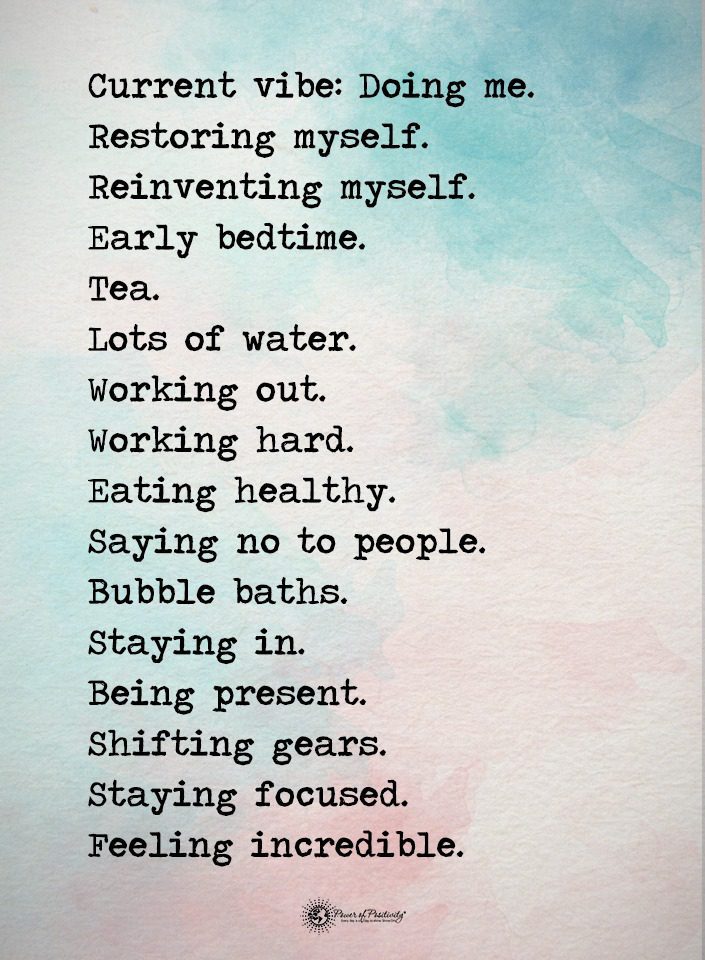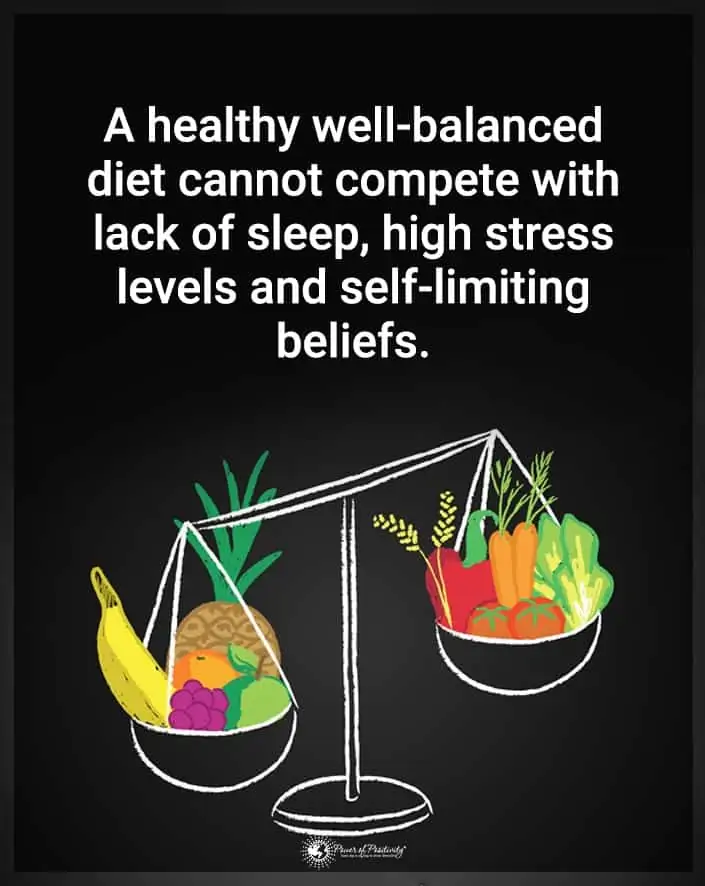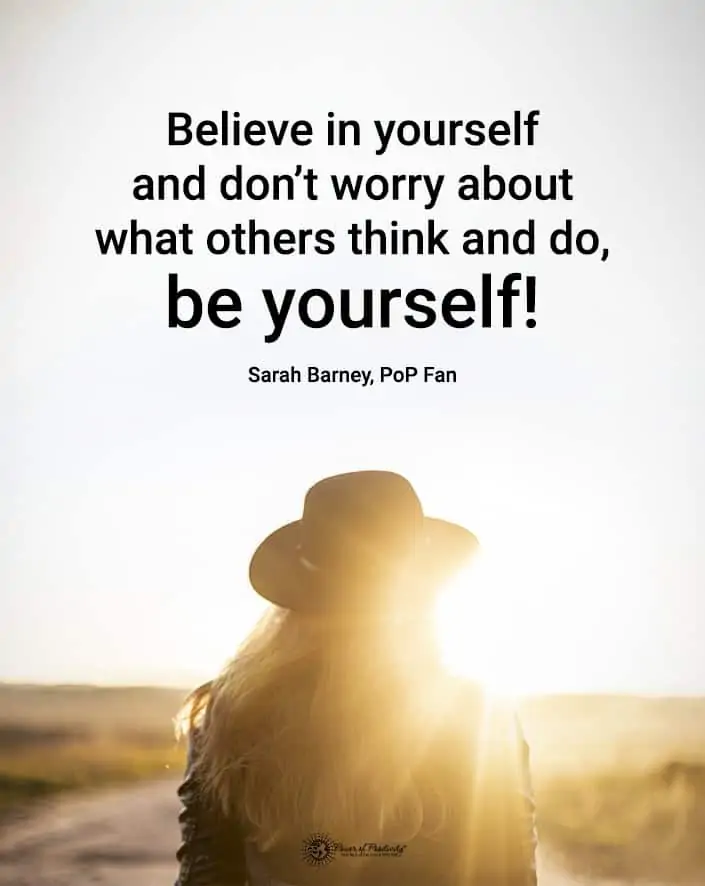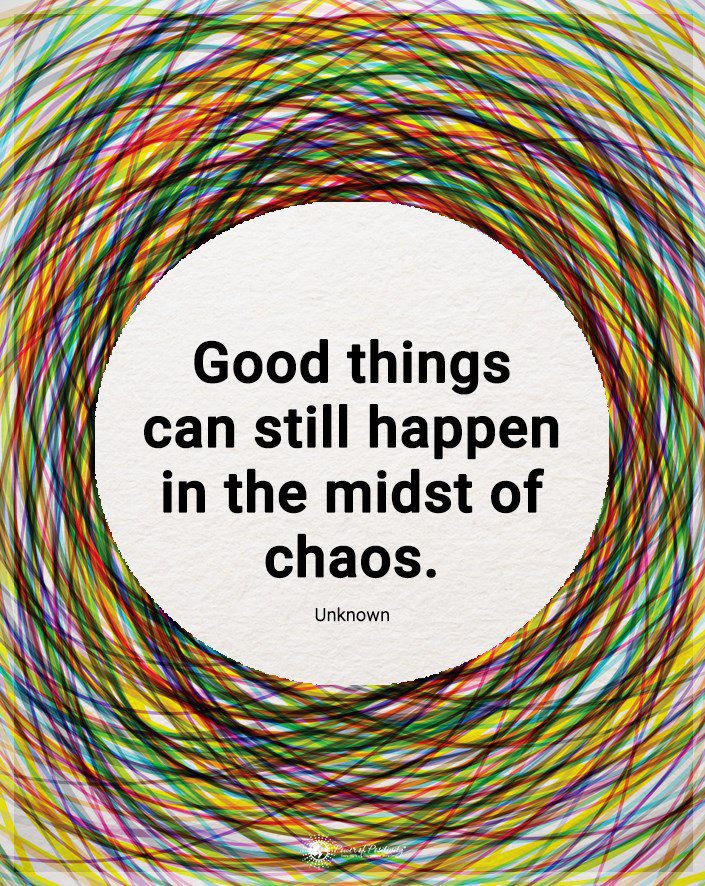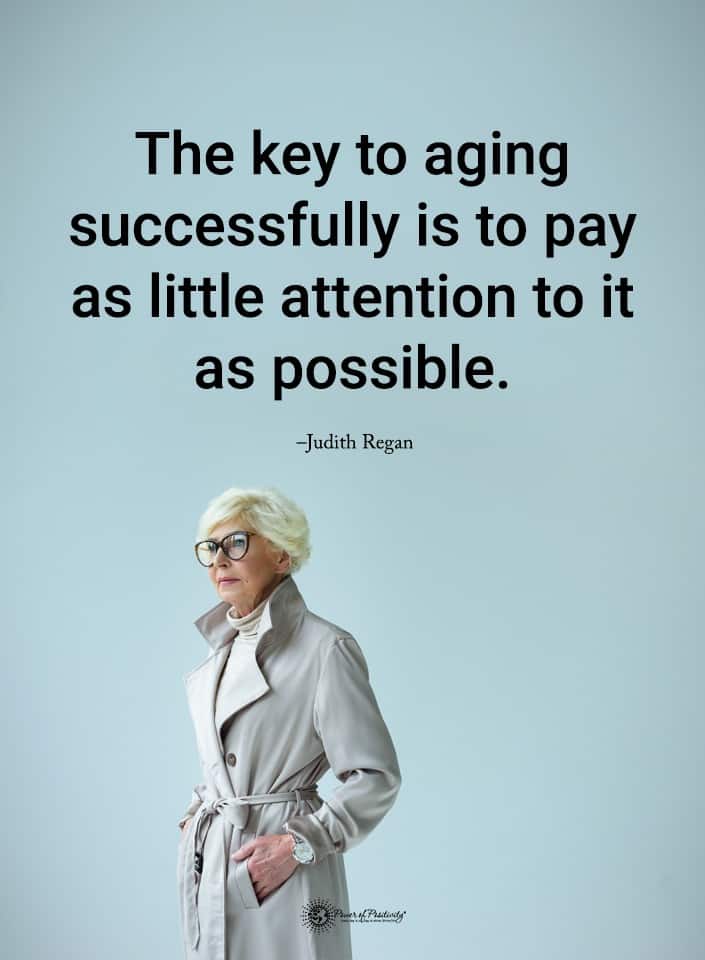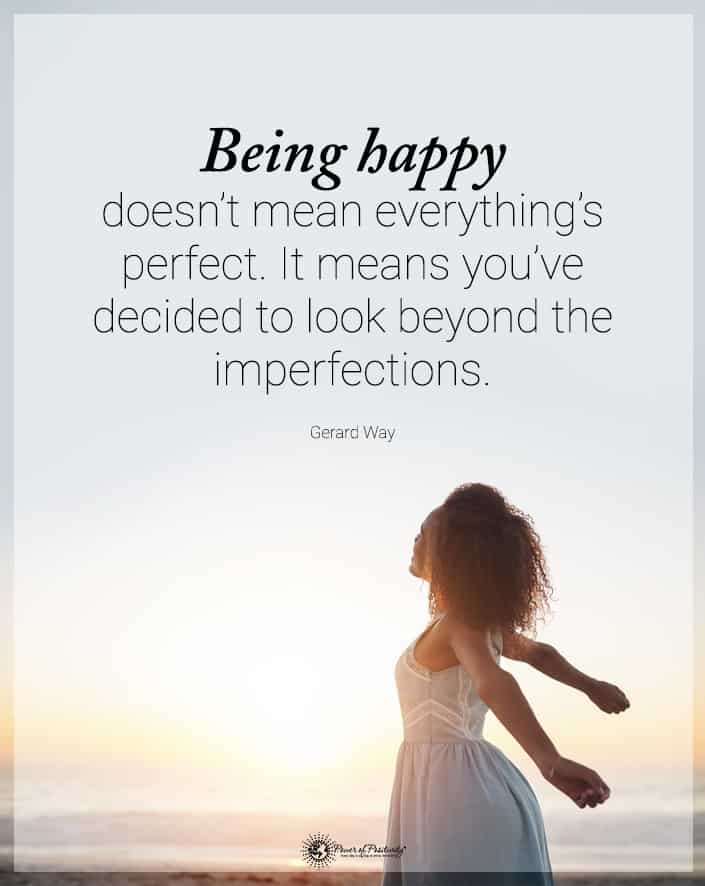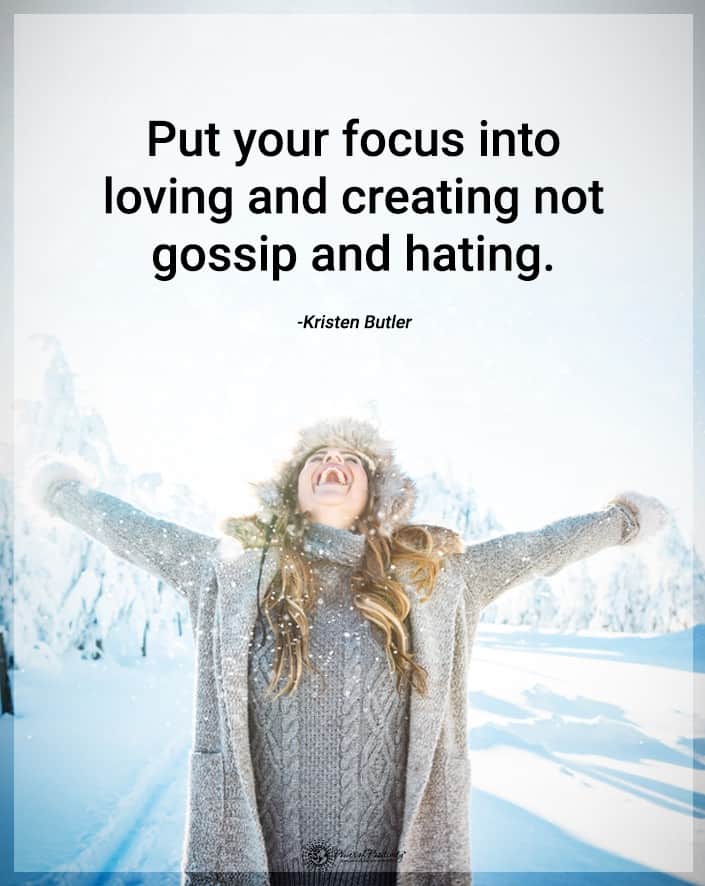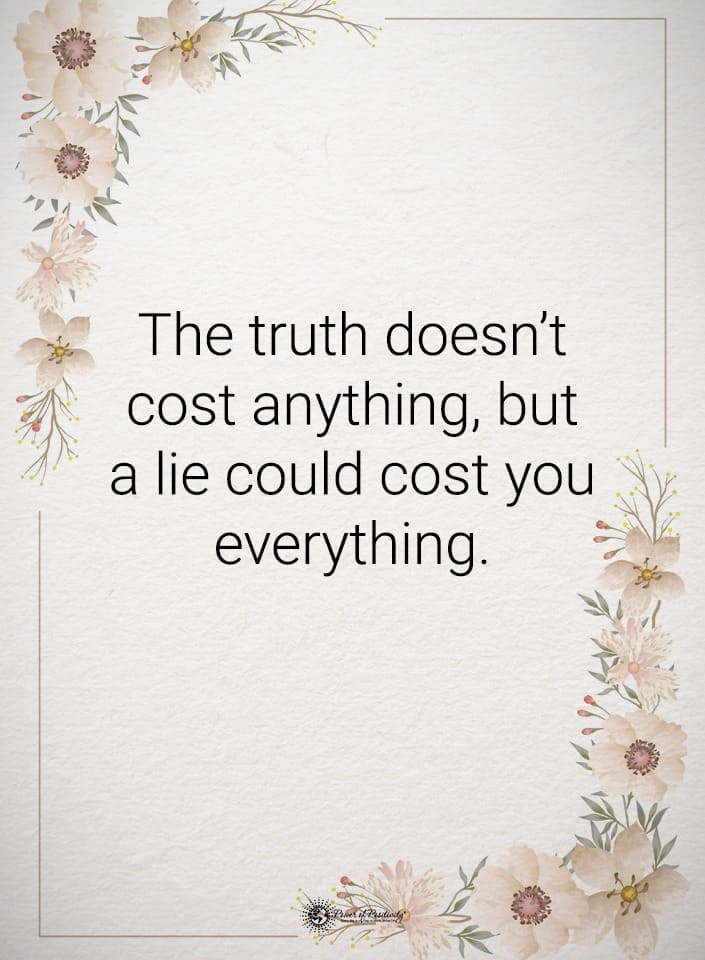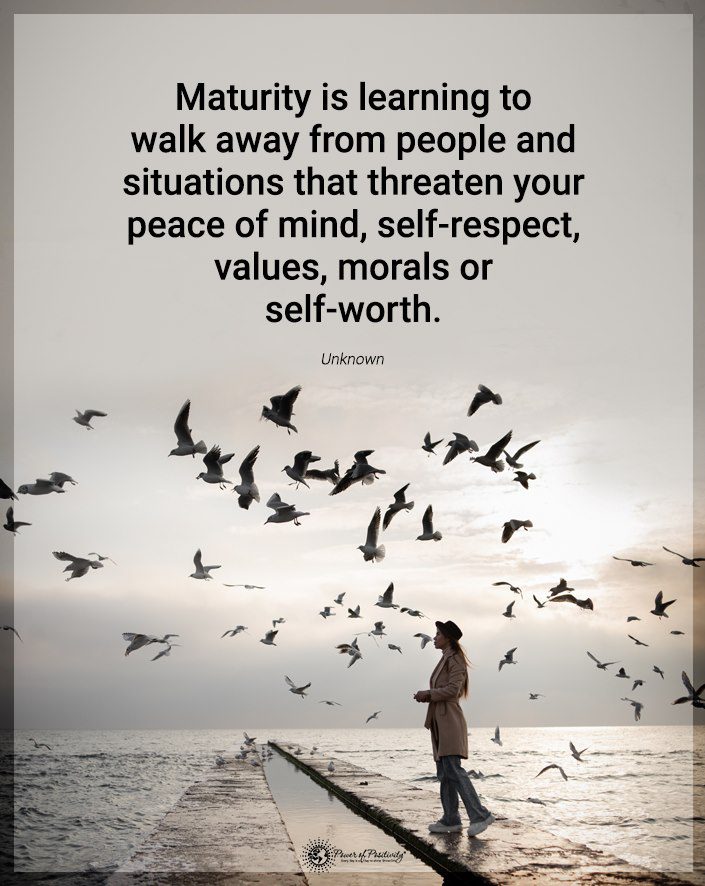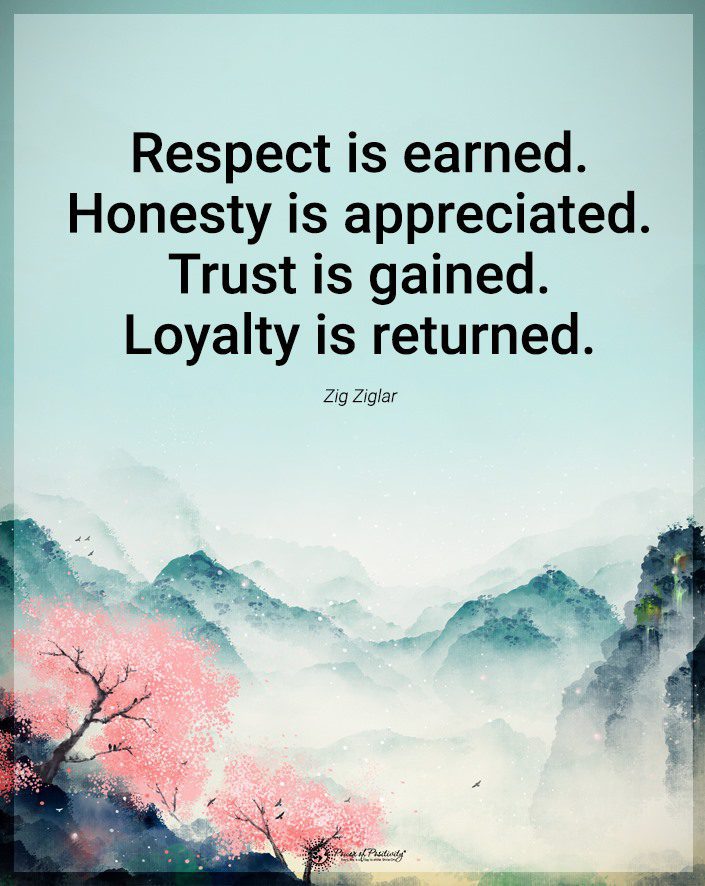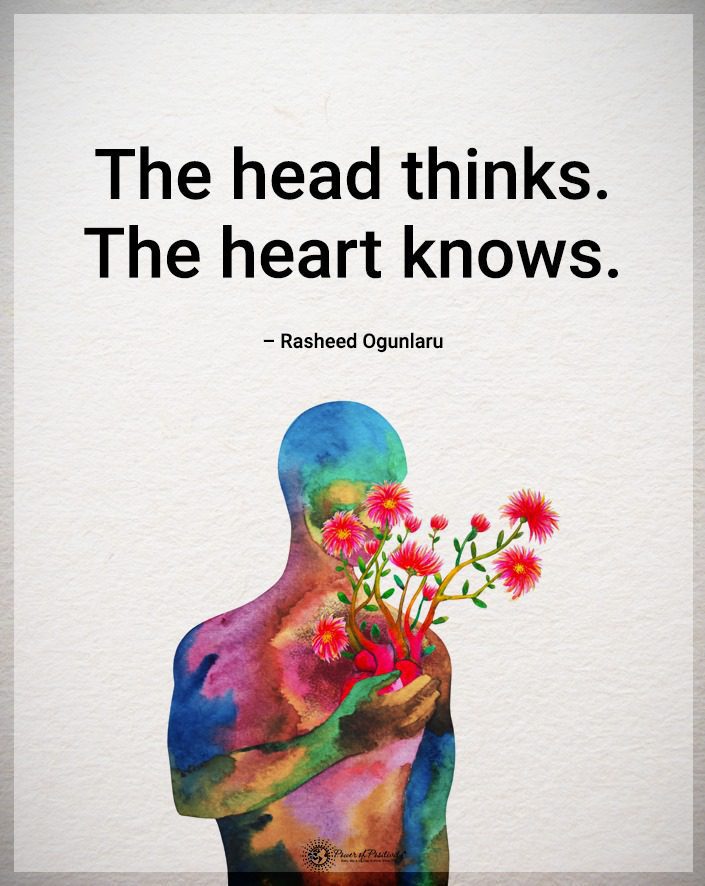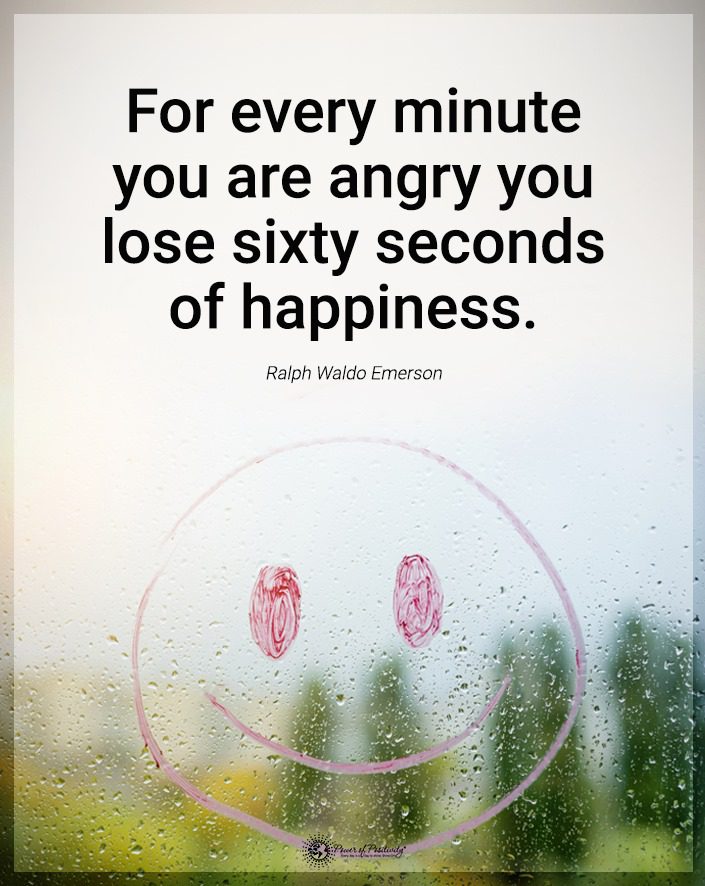An Ohio State University study reveals that good sleep quality promotes better relationships. The findings revealed that not only does poor sleep increase inflammation, it also amplifies conflict in relationships.
Of course, sleep deprivation doesn’t cause all marital problems, but it can exacerbate any underlying issues. When you’re well-rested, you feel more emotionally balanced and discuss disagreements rationally.
Even if you have a smooth-sailing relationship, poor sleep can quickly muddy the waters. Sleep deprivation makes your moods fluctuate, and you’re more likely to lash out at your partner. Conflict is inevitable in a healthy relationship, but it’s easier to overcome when both partners feel their best. Lack of sleep can trigger physical health symptoms that fuel the fire.
“We know sleep problems are also linked with inflammation and many of the same chronic illnesses. So we were interested to see how sleep related to inflammation among married couples, and whether one partner’s sleep affected the other’s inflammation,” said Stephanie Wilson, lead researcher on the study.
Results of the study have been published in the journal Psychoneuroendocrinology.
Scientist Explains How Good Sleep Quality Creates Healthier Relationships
The researchers gathered 43 couples for the study, which involved two separate experiments. For both, the couples gave blood samples and reported how much sleep they’d gotten the previous two nights. Next, researchers asked the pair to discuss a topic that typically leads to conflict in their marriage. They took another blood sample after the discussion.
“We found that people who slept less in the past few nights didn’t wake up with higher inflammation, but they had a greater inflammatory response to the conflict. So that tells us less sleep increased vulnerability to a stressor,” Wilson said.
When both partners slept less than seven hours the previous two nights, it increased the likelihood of an argument. For each hour of sleep lost, researchers observed that levels of two common inflammatory markers increased 6%. Couples who had particularly hostile statements exhibited a more pronounced inflammatory response. Their inflammatory response rose by nearly 10% with each hour of sleep lost.
Wilson said this:
“Any increase isn’t good, but a protracted increase that isn’t being addressed is where it can become a problem. What’s concerning is both a lack of sleep and marital conflict are common in daily life. About half of our study couples had slept less than the recommended seven hours in recent nights.”
The CDC reports that 35% of Americans sleep less than seven hours per night. So, the participants in this study got even less sleep than the national average.
“Part of the issue in a marriage is that sleep patterns often track together. If one person is restless or has chronic problems, that can impact the other’s sleep. If these problems persist over time, you can get this nasty reverberation within the couple,” said Janice Kiecolt-Glaser, senior author and director of the Institute for Behavioral Medicine Research.
However, researchers noted that a partner with good sleep quality had a protective effect on the relationship. They helped smooth out any disagreements, even if the other partner lashed out due to poor sleep.
“We would tell people that it’s important to find good ways to process the relationship and resolve conflict — and get some sleep,” Kiecolt-Glaser said.
Better Sleep Makes Couples More Empathetic
Another study reveals that good sleep quality enhances empathy in relationships. Understanding how your partner feels strengthens the bond and creates more harmony in relationships. On the other hand, sleeplessness can lead to more discord between partners.
UC Berkeley psychologists Amie Gordon and Serena Chen have discovered that poor sleep quality leads to more conflict in relationships.
“Couples who fight more are less happy and less healthy,” said Gordon, a doctoral student in psychology and lead author of the study published online in the journal Social Psychological and Personality Science.
“Our research helps illuminate one factor that leads couples to engage in unnecessary and harmful conflict by showing that couples experience more frequent and severe conflicts after sleepless nights,” she added.
The psychologists analyzed how good sleep quality vs. poor sleep quality impacted relationship conflict in one experiment. They recruited 71 couples who reported how they’d slept the previous night. Next, the team videotaped them while the couples discussed a source of conflict in their relationship. Each partner then rated the interaction and assessed whether the dispute had been resolved.
Not surprisingly, the participants who slept poorly reported feeling more negatively during the discussion. Both partners also had decreased empathic accuracy. Conflict resolution occurred most often in relationships where both parties reported good sleep quality.
Tips for Experiencing Good Sleep Quality
If you want to experience good sleep quality, it’s essential to practice proper sleep hygiene.
Make sure to follow these tips for more restful sleep:
- Stick to a sleep schedule. Even on weekends, go to sleep and wake up simultaneously. This will reset your circadian rhythm and lead to deeper sleep.
- Turn off technology a few hours before bed. Try reading a book, meditating, or doing other relaxing activities instead. Blue lights from devices can trick your body into thinking it’s daytime – the exact opposite of what you want before bed.
- Clear your mind. Many people toss and turn at night because of restless thoughts and worries clouding their minds. Try writing your concerns in a journal before bed, so your mind doesn’t keep you awake.
Final Thoughts on Studies Linking Good Sleep Quality to Stronger Relationships
With so many people suffering from sleep deprivation, it’s easy to see why marital conflicts have increased in the modern world. When you’re not well-rested, you tend to unload your frustrations on your partner. Multiple studies have confirmed that couples who report poor sleep have more frequent relationship conflicts.
So, if you want a healthier relationship, prioritize your health first. This means getting good sleep quality, eating well, exercising, destressing, and not taking your worries to bed with you. After following these tips for a week, we guarantee you’ll feel more refreshed and have a deeper connection with your partner as well.

